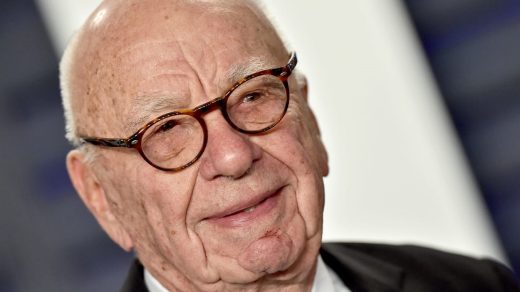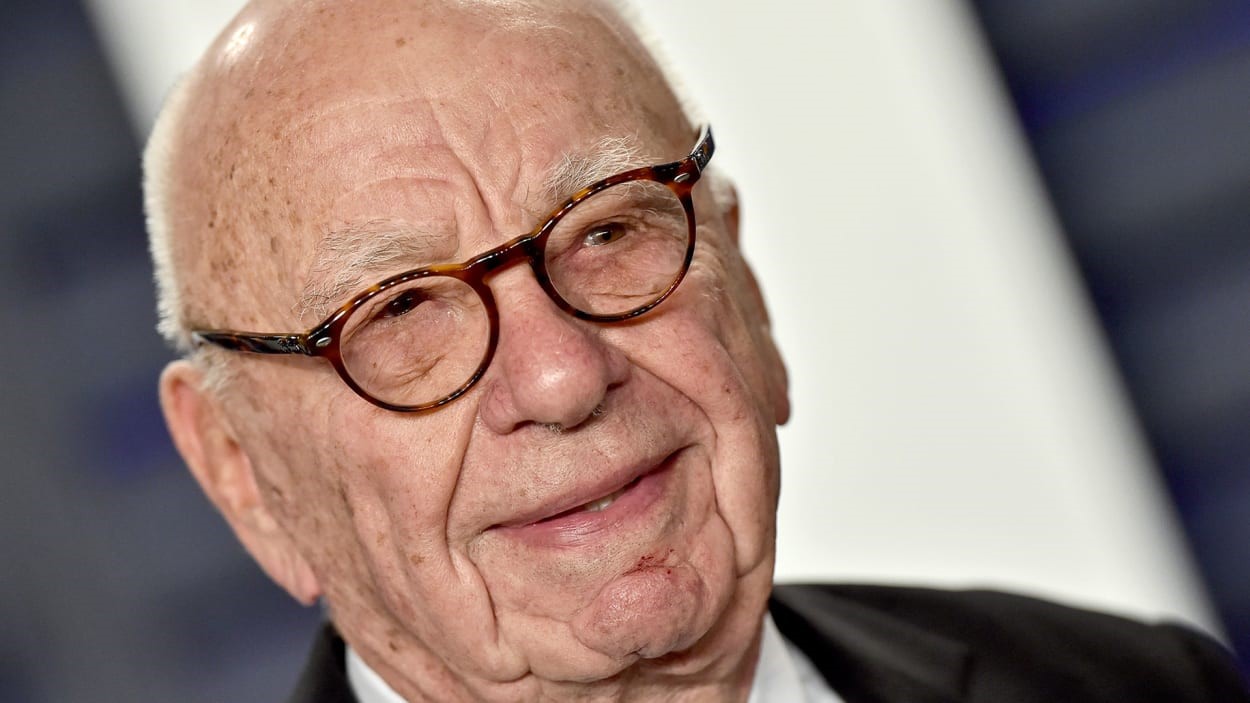Requiem for Rupert: The era of the media mogul is truly over
Rupert Murdoch announced (September 28, 2023) that he will be stepping down as chairman of Fox and News Corp. If he’s really stepping aside (there are signs he will still have a hand in things, even in retirement at age 92) it marks the end of an era that, in its heyday in the 1980s and 1990s, transformed the landscape of global media: the era of the media mogul. Murdoch was the last mogul left standing. Long after Michael Ovitz and Ted Turner and Michael Eisner and even Sumner Redstone had stepped down or passed away, Murdoch was still involved in running his companies, still looking to make deals.
What made people like Redstone and Murdoch distinctive was that they ran their companies like personal fiefdoms, and, in Murdoch’s case, used them as vehicles for his politics and personal obsessions (like, most obviously, his love of newspapers). They seemed more interested in empire-building via acquisitions and amassing power and influence than in following the more rationalized, profit-maximizing ethos characteristic of managerial capitalism. And in most cases, the moguls were able to do this because they controlled their companies, so even when those companies were public, they could remain relatively indifferent to what their shareholders wanted.
In most cases, this wasn’t great for the business prospects of the companies the moguls ran.
As Jonathan Knee, Bruce Greenwald, and Ava Seave showed in their book “The Curse of the Mogul” (2009), media stocks significantly underperformed the market in the mogul era. Obsession with size blinded moguls to the fact that they were paying too much for assets that made little strategic sense, which in turn explains why in the 2000s, media companies had to take $200 billion worth of write-downs on overpriced acquisitions. And most moguls were more interested in dealmaking than managing.
Murdoch, interestingly, was an exception. As Knee and his coauthors put it, Murdoch had “all the elements of the perfect mogul.” He was a capable manager, able to run his companies efficiently. And he had genuine entrepreneurial instincts, exemplified by his creation first of the Fox TV network and then of Fox News, both of which successfully challenged, and then became a part of, dominant media oligopolies, and both of which transformed television—not always for the better.
Fox News also gave Murdoch the kind of political influence and cultural weight he’d always craved. Under the stewardship of Roger Ailes, it fused right-wing populism and a tabloid sensibility, and was really the first cable news network with an explicitly political angle (even if it described itself as “fair and balanced”). And it ended up becoming not just enormously profitable, but also powerful, changing both TV and American politics, becoming a focal point for the rise of the populist Right, the Tea Party, and eventually, Donald Trump (whom Murdoch, by all accounts, detests).
Murdoch was less successful, ironically, as a wheeler and dealer, in part because he, like most moguls, tended to overpay in pursuit of his passions or his desire for scale. He spent $3 billion on TV Guide and a couple of other magazines, more than $1 billion on MySpace and IGN, $6 billion for a stake in Gemstar (a TV program-guide company that no one remembers), and ended up selling it for only $1 billion. Perhaps his best deal, in fact, was not an acquisition but a sale—his selling of all the Fox entertainment assets to Disney for $71 billion.
Even with the dubious acquisitions, Murdoch not only lasted longer than his peers from the ‘80s and ‘90s, but delivered better results in a business sense. But the fact that this was so unusual explains why he was the last of his kind: Public-company shareholders lost patience with moguls because of the shareholder value most of them destroyed, and turned to more conventional executives instead. To find idiosyncratic CEOs running their companies as fiefdoms these days, you have to go to the technology business, where Elon Musk is almost singlehandedly keeping the concept of moguldom afloat.
Although Murdoch’s son Lachlan, CEO and now chairman of Fox and News Corp., is in charge of the empire for now, four of Murdoch’s children stand to inherit ownership of his voting shares. It’s possible that whoever wins the succession battle that’s likely to follow after Murdoch dies will try to emulate his approach. But it seems unlikely. That time—and that style of management—has passed. Instead, the more plausible outcome is that whoever wins will rationalize the businesses, selling off assets to buyers who can do more with them, and getting rid of things that Murdoch owned simply because he loved them (like The New York Post). Call it the triumph of managers over moguls.
(7)



